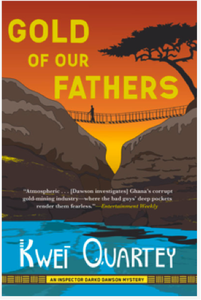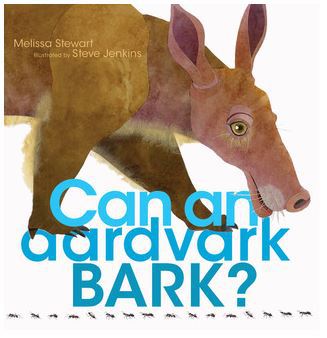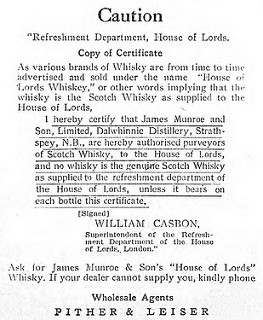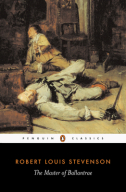
The Master of Ballantrae, James in baptism, took from his father the love of serious reading; some of his tact perhaps as well, but that which was only policy in the father became black dissimulation in the son. The face of his behaviour was merely popular and wild: he sat late at wine, later at the cards; had the name in the country of “an unco man for the lasses;” and was ever in the front of broils. But for all he was the first to go in, yet it was observed he was invariably the best to come off; and his partners in mischief were usually alone to pay the piper. This luck or dexterity got him several ill-wishers, but with the rest of the country, enhanced his reputation; so that great things were looked for in his future, when he should have gained more gravity. […] I think it notable that he had always vaunted himself quite implacable, and was taken at his word; so that he had the addition among his neighbours of “an ill man to cross.” Here was altogether a young nobleman (not yet twenty-four in the year ’45) who had made a figure in the country beyond his time of life.
* * * * * * * * *
She told him it had been six years ago that she had stayed a day with the Rasputins while on a pilgrimage to Kiev. It was the busy season, and Rasputin was mostly out in the fields, but he would often run home to check on things, each time trying to get her to kiss him. She resisted, insisting that it was not right, but he told her that “among us spiritual pilgrims seeking to save ourselves there is a type of spiritual kissing, like the way the Apostle Paul kissed St. Thekla.” Karneeva repeated how while climbing up out of the chapel beneath the stables, he had grabbed her and kissed her cheek. It was then Rasputin told her of the appearance of the Holy Spirit. Later that day, Glukhovtsev brought Karneeva and Rasputin together for what the Russians called an ochnaia stavka, a sort of face-to-face confrontation, to try to get to the bottom of her claims. Seated directly across from Rasputin, Karneeva repeated everything she had told Glukhovtsev. To each of her statements Rasputin said little more than “That was all long ago, I don’t recall a thing,” or “I don’t remember a thing from that far back,” or simply “I don’t remember that.”
* * * * * * * * *
I had visited the place several times when the professor was alive, and I was also a student of zoology, especially anthropods, so I should have been quite used to the sight; nevertheless it still gave me the shivers and I was rooted for a moment to the spot. Inside hundreds of bottles lining the walls, eight-legged monsters were running around and spinning their webs. Big Oni-gumo and Joro spiders, yellow with blue stripes; Harvestmen with legs ten times longer than their bodies; Cellar spiders with yellow spots on their backs. The grotesque Kimura spider and trapdoor spiders, Ji-gumo, Ha-gumo, Hirata-gumo, Kogane-gumo; all these different kinds of spider had not been fed for about a month and, having lost most of their flesh, were looking around with shiny, hungry eyes for food. Some jars had not been properly sealed and the escaped spiders had spun their webs on the ceiling and in the corners of the room. Countless numbers of the ghastly creatures were crawling around on the walls and ceiling.
From The Spider by Koga Saburo
* * * * * * * * *
I sauntered through the camp towards my hut. On my left, scattered amongst nim and palm trees and big clumps of hibiscus hedge, were the most important buildings in the camp complex – the garage and workshops, Mallabar’s bungalow, the canteen, the kitchen and storage sheds, and beyond them the now abandoned dormitory of the census workers. Beyond that, over to the right, I could just see, through a screen of plumbago hedge, the round thatched roofs of the cooks’ and small boys’ quarters.
I continued past the huge hagania tree that dominated the centre of the camp and which had given it its name: grosso arvore. The Grosso Arvore Research Centre.
On the other side of the track, opposite the canteen, was Hauser’s laboratory and behind that was the tin cabin he shared with Toshiro. Thirty yards along from the lab was the Vails’ bungalow, not as big as chez Mallabar but prettier, freighted with jasmine and bougainvillea. And then, finally, at the camp’s northern extremity, was my hut. In fact “hut” was a misnomer: I lived in a cross between a tent and a tin shack, a curious dwelling with canvas sides and a corrugated iron roof. I suppose it was fitting that it should go to me, on the principle that the newest arrival should occupy the least permanent building, but I was not displeased with it and was indifferent to what it might say about my status.
* * * * * * * * * From the Archives…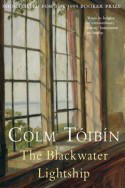
Imaginings and resonances and pain and small longings and prejudices. They meant nothing against the resolute hardness of the sea…It might have been better, she felt, if there had never been people, if this turning of the world, and the glistening sea, and the morning breeze happened without witnesses, without anyone feeling, or remembering, or dying, or trying to love.
(Click for full review)
* * * * * * * * * So…are you tempted? Please feel free to share this:- More
